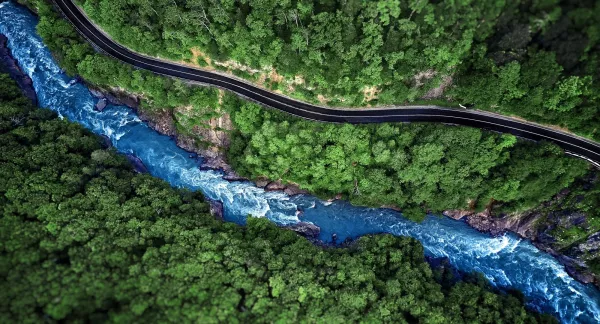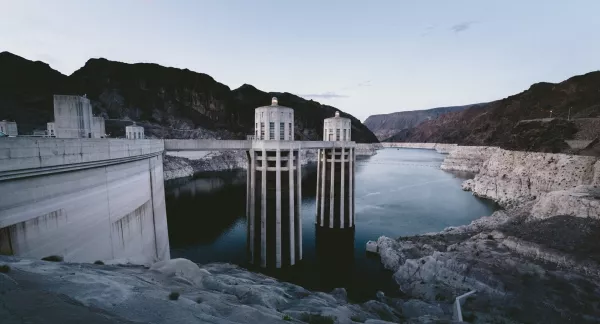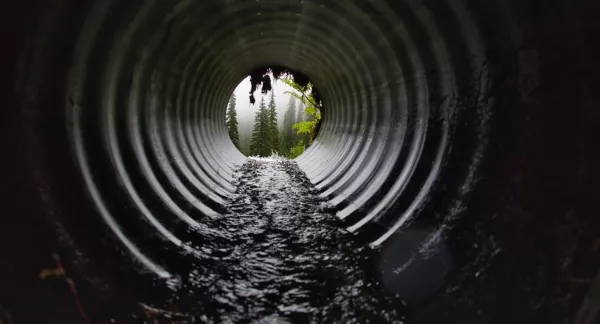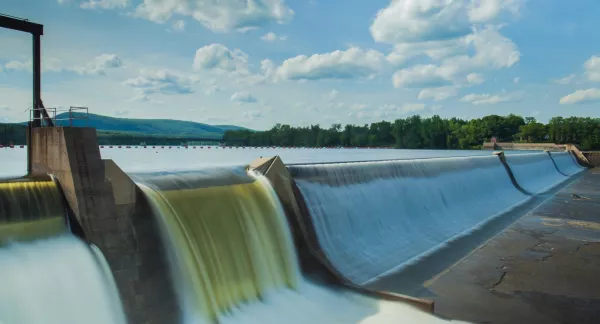Successful Implementation of Decentralized Reuse and Treatment Systems
Abstract
Many municipalities and water utilities are exploring opportunities to incorporate water reuse into their communities in an effort to diversify water supply, manage stormwater runoff, and enable new economic growth. While centralized water reuse has gained traction in some areas, onsite and distributed water reuse systems (ODWRS)—an increasingly feasible complement or alternative to centralized systems—face additional institutional barriers. Information on where different types of ODWRS have been implemented, why they were chosen, the challenges involved, and how they are performing in the long run have not been compiled in a central location, let alone analyzed. This work strives to better understand how ODWRS becomes an acceptable option within a community and the best ways to facilitate that process. This research aimed to define implementation drivers and barriers of ODWRS, revealing that there are two different types of drivers (situational and controlled) serving different purposes, and that acceptance of different types of systems may be happening as separate (though possibly parallel) transitions. The system-level details were collected for 310 ODWRS to test these ideas. The results of research analyses and stakeholder feedback were used to develop a case study compendium that identifies common factors in successful ODWRS implementation and to design an interactive web-based tool to access the ODWRS database. This supporting tool and database (https://reuse.water.columbia.edu/) is set up in a way that will allow for future updates and content expansion as the research on water reuse and ODWRS continues. Published in 2022 and 2024.



